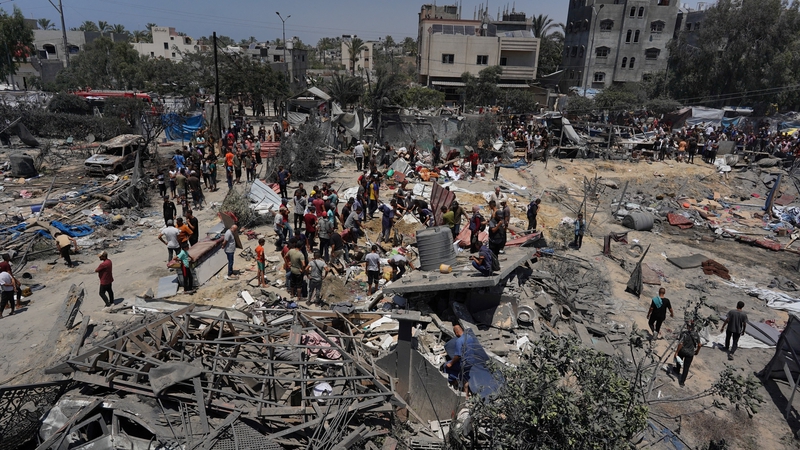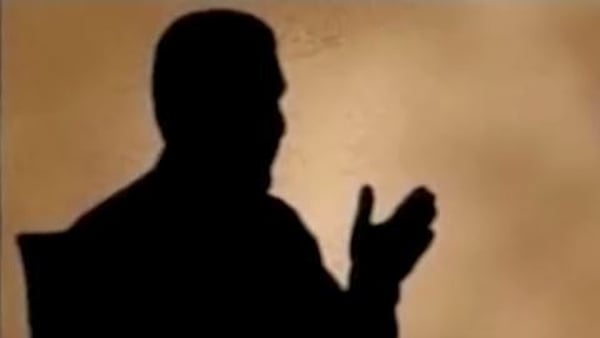An Israeli airstrike has killed at least 90 Palestinians in a designated humanitarian zone in Gaza, the enclave's health ministry said, in an attack that Israel said targeted Hamas military chief Mohammed Deif.
Israeli Prime Minister Benjamin Netanyahu said it remained unclear whether Deif had been killed, telling a news conference: "Either way, we will get to the whole of the leadership of Hamas."
The militant Islamist group Hamas said in a statement that Israeli claims it had targeted leaders of the group were false and aimed at justifying the attack, which was the deadliest Israeli attack in Gaza in weeks.
Displaced people sheltering in the area said their tents were torn down by the force of the strike and described bodies on the ground.
"I couldn't even tell where I was or what was happening," Sheikh Youssef said, a resident of Gaza City who is currently displaced in the Al-Mawasi area.
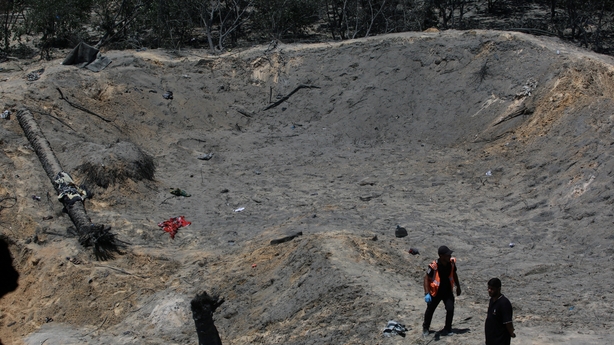
The Israeli military said the strike against Deif also targeted Rafa Salama, the commander of Hamas' Khan Younis Brigade, describing them as "two of the masterminds" of the 7 October attack on southern Israel that prompted the nine-month war in Gaza.
An Israeli military official earlier told reporters it was still verifying the strike's results.
Deif has survived seven Israeli assassination attempts, the most recent in 2021 and has topped Israel's most wanted list for decades, held responsible for the deaths of dozens of Israelis in suicide bombings.
The Gaza health ministry said at least 91 Palestinians were killed in the strike and 300 were injured, the deadliest toll in weeks in the enclave.
We need your consent to load this rte-player contentWe use rte-player to manage extra content that can set cookies on your device and collect data about your activity. Please review their details and accept them to load the content.Manage Preferences
Al-Mawasi is a designated humanitarian area that the Israeli army has repeatedly urged Palestinians to head to after issuing evacuation orders from other areas.
Reuters footage showed ambulances racing towards the area amidst clouds of smoke and dust.
Displaced people, including women and children, were fleeing in panic, some holding belongings in their hands.
The Israeli military published an aerial photo of the site, which Reuters was not immediately able to verify, where it said "terrorists hid among civilians".
"The location of the strike was an open area surrounded by trees, several buildings and sheds," it said in a statement.
The Israeli military official said the area was not a tent complex, but an operational compound run by Hamas and that several more militants were there, guarding Deif.
Many of those wounded in the strike, including women and children, were taken to the nearby Nasser Hospital, which hospital officials said had been overwhelmed and was "no longer able to function" due to the intensity of the Israeli offensive and an acute shortage of medical supplies.
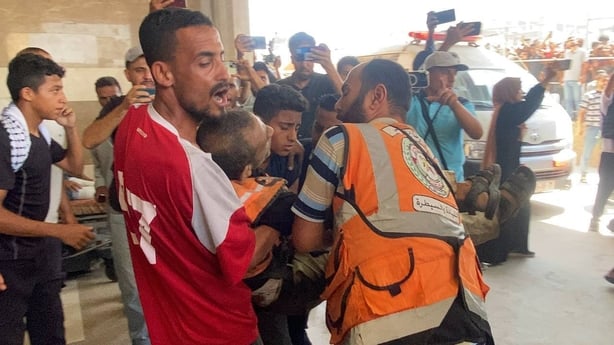
"The hospital is full of patients, it's full of wounded, we can't find beds for people," said Atef al-Hout, director of the hospital, adding that it was the only one still operating in southern Gaza.
Israeli Defence Minister Yoav Gallant was holding special consultations, his office said, in light of "developments in Gaza".
It was unclear how the strike would affect ceasefire talks under way in Doha and Cairo.
Egypt urged Israel not to obstruct the ongoing negotiations, Egypt's al Qahera News TV reported.
Mr Netanyahu, in televised remarks this evening, said increasing military pressure on Hamas would improve the chances of a deal to return Israeli hostages.
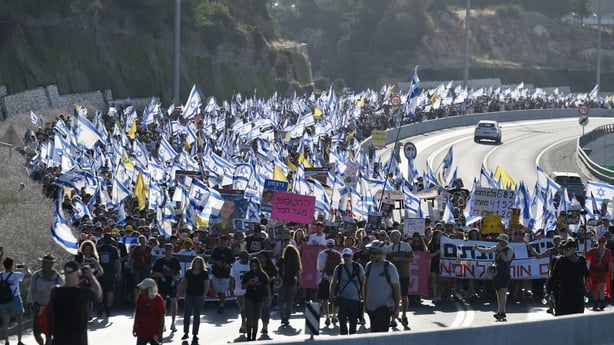
As the prime minister spoke, protesters continued to rally in Tel Aviv, singing songs and waving signs calling for the release of Israeli hostages in Gaza.
Thousands of protesters also marched outside Jerusalem earlier in the day.
"Maybe it's good, maybe it's not good. I don't know about Mohammed Deif, I know that keeping the war is bad for all of us," said Ayala Metzger, the daughter-in-law of an Israeli hostage who was taking part in a hostage solidarity march just outside Jerusalem.
"We need to bring the hostages back," she told Reuters.
"If (Israeli Prime Minister Benjamin) Netanyahu killed Mohammed Deif then he has his picture of victory so bring them back now," she added.
Meanwhile at least 20 Palestinians were killed in a seperate Israeli attack on a prayer hall at a Gaza camp for displaced people in west Gaza City, Palestinian health and civil emergency officials said.
A senior Hamas official did not confirm whether Deif had been present in the attack on Khan Younis and called the Israeli allegations "nonsense".
"All the martyrs are civilians and what happened was a grave escalation of the war of genocide, backed by the American support and world silence," Sami Abu Zuhri told Reuters, adding the strike showed Israel was not interested in reaching a ceasefire deal.
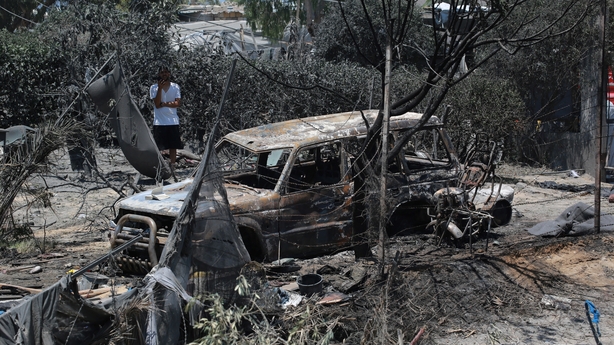
Critics have accused Israel of committing genocide against Palestinians, which Israel denies.
It characterises its actions as self-defence to prevent another attack like 7 October, however, the International Court of Justice ordered Israel in January to take action to prevent acts of genocide.
Hamas-led militants killed 1,200 people and took more than 250 hostages in the cross-border attack into southern Israel on 7 October, according to Israeli tallies.
Israel has retaliated with its military action in Gaza that has killed more than 38,000 Palestinians, medical authorities in Gaza say.
Witnesses said the Khan Younis attack came as a surprise as the area had been calm, adding more than one missile had been fired.
Some of the wounded who were being evacuated were rescue workers, they said.
"They're all gone, my whole family's gone ... where are my brothers? They're all gone, they're all gone. There's no one left," said one woman, who did not give her name.
Rising up the Hamas ranks over 30 years, Deif developed the group's network of tunnels and its bomb-making expertise, Hamas sources say.
In March, Israel said it killed Deif's deputy, Marwan Issa.
Hamas has not confirmed or denied his death.
'Circles of hell'
UN chief Antonio Guterres appealed to donor governments yesterday to resume funding the UN agency for Palestinian refugees, warning there was no alternative to UNRWA as a conduit for aid to Gazans despite longstanding Israeli opposition to the agency.
"Just when we thought it couldn't get any worse in Gaza - somehow, appallingly, civilians are being pushed into ever deeper circles of hell," he said.
UNRWA chief Philippe Lazzarini said that the agency now had enough funds to operate through September.
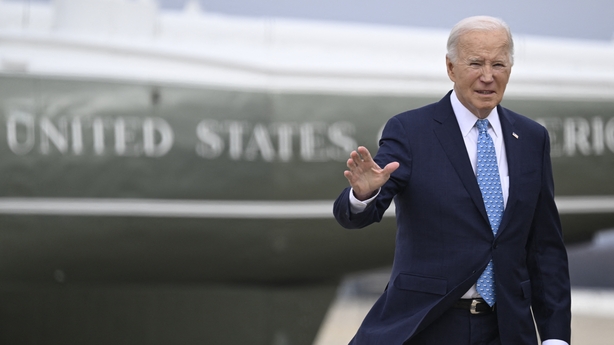
Israel and Hamas have engaged in months of indirect talks via Qatari, US and Egyptian mediators to reach a still elusive truce and hostage release deal.
Talks took place in Doha on Wednesday, while Israel said it was sending a delegation to Cairo on Thursday evening for further negotiations.
Mr Netanyahu continues to insist that any deal must allow Israel to meet all its war aims -destroying Hamas as well as bringing home all the hostages.
US President Joe Biden has outlined what he called an Israeli plan for a six-week truce in which hostages held in Gaza would be freed in exchange for Palestinians in Israeli prisons.
A second phase would see talks on a full end to the war.
On Thursday, he said: "That framework is now agreed on by both Israel and Hamas.
"There are still gaps to close, but we're making progress, the trend is positive, and I'm determined to get this deal done and bring an end to this war, which should end now."
Mr Biden again pressed Israel for a "day-after" plan for Gaza and spoke of diplomatic efforts to persuade Arab states to help with security.
Hamas has proposed an independent and non-partisan government for both post-war Gaza and the Israeli-occupied West Bank, said Hossam Badran, a member of the group's political bureau.
Mr Badran's remarks came after Mr Netanyahu, whose critics have accused him of prolonging the war, demanded that Israel retain control of the Philadelphi Corridor, Gaza territory along the border with Egypt.
